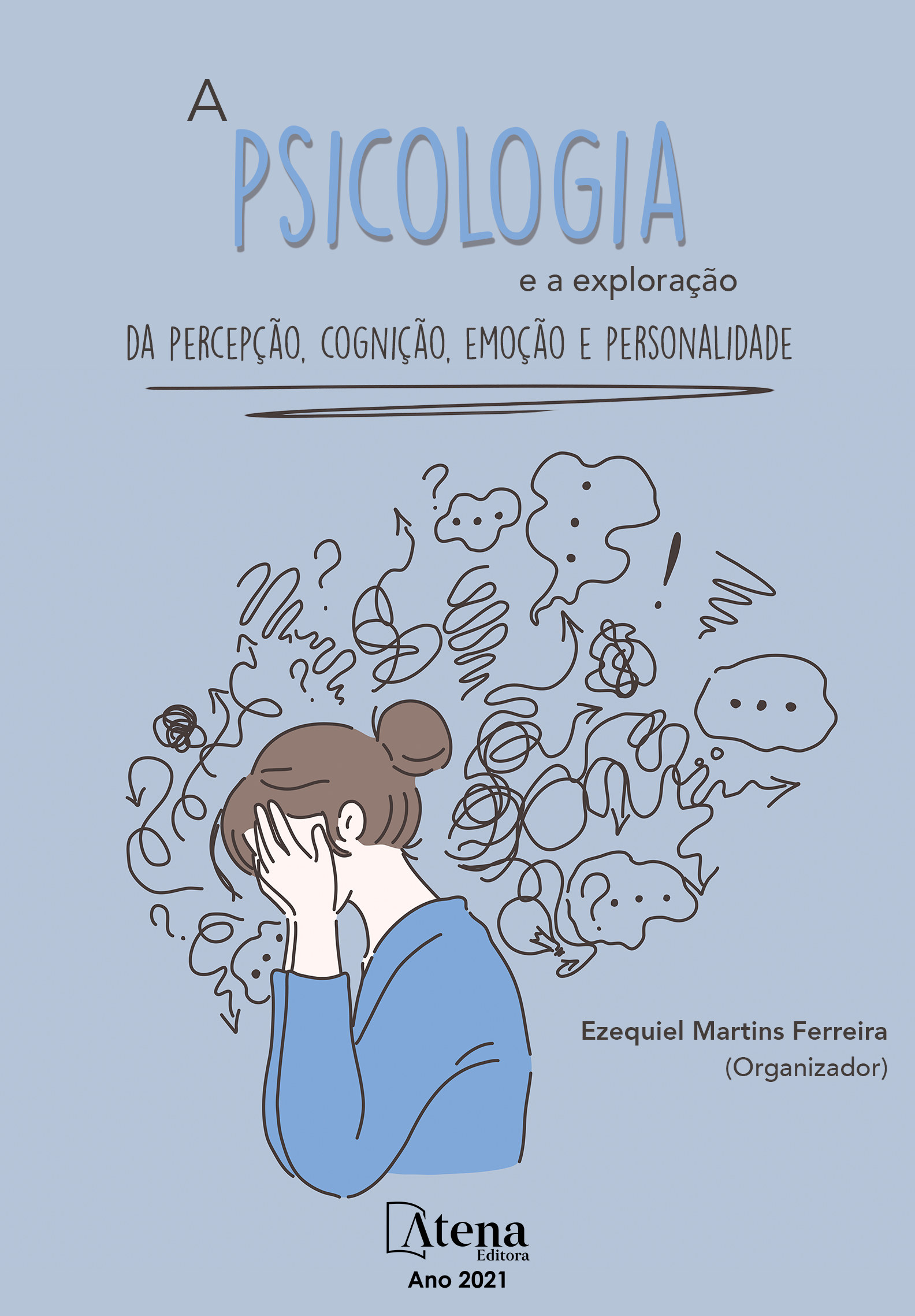
Uma revisão sobre a importância da relação entre a família e a escola
A existência de uma relação harmoniosa entre a família e a escola é a fórmula para uma educação integrada e qualificada do indivíduo a qual é composta por um desenvolvimento pleno do psicológico, emocional, social, motor e intelectual. A concepção de que a formação educacional do aluno deve ser feita de modo compartilhado entre educadores e familiares é concebida por diferentes nações, como por exemplo, Angola, Brasil e Portugal. Então, propõe-se reiterar por meio de um artigo de revisão como a unanimidade entre estudos de Angola, Brasil e Portugal ratifica que o relacionamento interdependente entre a família e a escola é de extrema importância para a educação plena do aluno, e também para os pais, docentes e funcionários do âmbito escolar. Além disso, faz-se necessário salientar a relevância da construção de um ambiente educacional democrático, ou seja, um local com a participação ativa de todos os membros, sejam estes, discentes, docentes e/ou pais. Por meio de uma revisão utilizou-se de três artigos produzidos por autores de diferentes nacionalidades: Angola, Brasil e Portugal para comprovar que a existência de um relacionamento equilibrado entre a família e a escola é uma conclusão unânime, mesmo entre nações que são totalmente diferentes. Notou-se que apesar dos autores terem divergência em alguns aspectos, tais como, da perspectiva angolana acreditar-se que a família é responsável pela educação primária, a qual consiste em adquirir e desenvolver os comportamentos considerados adequados no contexto social vigente; do viés brasileiro dividir-se a educação em formal - responsabilidade da escola - e informal - responsabilidade da família -. Já no contexto português, divide-se a participação familiar em envolvimento parental em casa e envolvimento parental na escola. Todos constataram que a educação deve ser feita de forma conjunta, ou seja, escola e família participam ativamente da formação integralizada do aluno. Eles indicaram, também, que a relação equilibrada entre as duas instituições influência positivamente no desenvolvimento, no comportamento e na aprendizagem humana. Além disso, observou-se a ausência dos pais na educação dos seus filhos e uma cultura de culpabilização, ou seja, há o hábito da escola e da família culparem uma à outra por uma dificuldade no processo educacional do indivíduo e com isso, existe também, a prática das instituições repassarem as reponsabilidades inerentes uma para a outra. Conclui-se, portanto, que é essencial haver uma relação equilibrada entre a família e a escola para o pleno desenvolvimento integral do aluno.
Uma revisão sobre a importância da relação entre a família e a escola
-
DOI: 10.22533/at.ed.6872115129
-
Palavras-chave: Relação, família-escola, educação
-
Keywords: Relationship, family-school, education
-
Abstract:
The existence of a harmonious relationship between the family and the school is the formula for an integrated and qualified education of the individual, which is composed of a full development of the psychological, emotional, social, motor and intellectual. The conception that the educational training of the student must be done in a shared way between educators and family members is conceived by different nations, such as Angola, Brazil, and Portugal. Therefore, it is proposed to reiterate through a review article how the unanimity between studies from Angola, Brazil and Portugal confirms that the interdependent relationship between the family and the school is extremely important for the full education of the student, and also for parents, teachers, and school staff. In addition, it is necessary to highlight the relevance of building a democratic educational environment, that is, a place with the active participation of all members, whether they are students, teachers and/or parents. Through a review, we used three articles produced by authors of different nationalities: Angola, Brazil, and Portugal to prove that the existence of a balanced relationship between family and school is a unanimous conclusion, even among nations that are totally different. It was noted that although the authors differ in some aspects, such as from the Angolan perspective, it is believed that the family is responsible for primary education, which consists of acquiring and developing behaviors considered appropriate in the current social context; from the Brazilian bias to divide education into formal - school responsibility - and informal - family responsibility -. In the context Portuguese, family participation is divided into parental involvement at home and parental involvement in school. All of them found that education should be done jointly, that is, school and family actively participate in the integralized formation of the student. They also indicated that the balanced relationship between the two institutions positively influences human development, behavior, and learning. In addition, it was observed the absence of parents in the education of their children and a culture of guilt, that is, there is a habit of the school and family blaming each other for a difficulty in the educational process of the individual and with this, there is also, the practice of institutions passing on the inherent responsibilities to each other. It is concluded, therefore, that it is essential to have a balanced relationship between the family and the school for the full integral development of the student.
-
Número de páginas: 3
- Hadassa Sarah de Sena Barreiro


